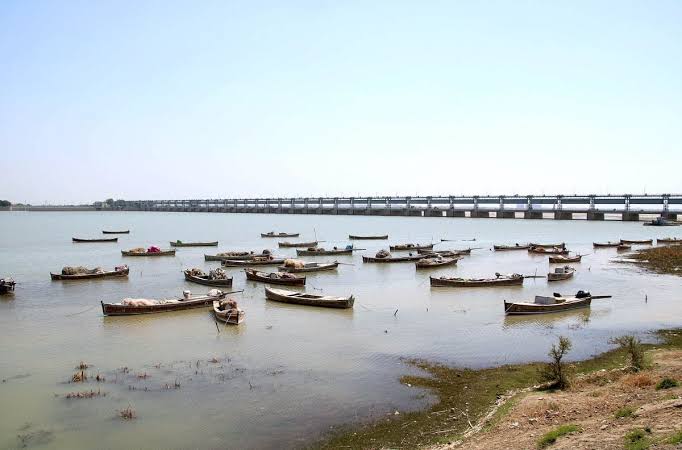ISLAMABAD: The United Nations named Pakistan’s Living Indus Initiative (LII) as one of the seven UN World Restoration Flagship programmes that will restore more than 30 per cent of the Indus River Basin by 2030, the UN Environment Programme (UNEP) announced on Tuesday.
The LII seeks to spearhead and unify various efforts aimed at revitalising the ecological well-being of the Indus River within Pakistan’s borders.
The primary goal of the initiative is to safeguard, preserve, and rehabilitate the diverse natural ecosystems found in the Indus Basin, including terrestrial, freshwater, coastal, and marine environments.
The selection of the World Restoration Flagship initiatives is part of the UN Decade on Ecosystem Restoration, led by UNEP and the Food and Agriculture Organisation (FAO) of the United Nations, which aims to prevent, halt, and reverse the degradation of ecosystems on every continent and in every ocean.
The seven flagship programmes track notable initiatives following global commitments to restore one billion hectares — an area larger than China.
The announcement of seven new World Restoration Flagships was made ahead of the Sixth UN Environment Assembly (UNEA-6), opening in Nairobi on February 26. The five-day session of the assembly will convene the world’s environment ministers to address the triple planetary crisis of climate change, nature and biodiversity loss, and pollution and waste.
The basin-wide initiative has already restored 1,350,000 hectares. It encompasses 25 projects, and it is estimated to cost up to $17 billion.
With its recognition as a World Restoration Flagship, the Living Indus initiative will now be eligible for additional technical and financial UN support, bolstering its plans to restore 25 million hectares of the river basin by 2030, encompassing more than 30 per cent of Pakistan’s area.
UNEP says that efforts by local communities and civil society groups to protect and restore Pakistan’s Indus Basin, which has been rapidly degrading, are gaining momentum through the LII.
According to Caretaker Minister for Climate Change and Environmental Coordination Ahmad Irfan Aslam, the ‘Living Indus Initiative’ presents a unique opportunity to enhance the resilience of the Indus ecosystem in the face of climate change.
“This holistic strategy employs community-led, gender-responsive, and transparent nature-based solutions for restoring the entire Indus Basin, safeguarding its resources for the people of Pakistan,” he said.
The Indus Basin is also home to 195 mammal species, at least 668 bird species, and over 150 fish species, including 22 endemic ones and the endangered Indus Blind Dolphin, one of the world’s rarest mammals.
In recent years, Pakistan has experienced some of its most catastrophic floods and extreme heat waves on record, as well as spiralling air pollution levels, all of which are exacerbated by climate change and severely affect the lives and livelihoods of millions.
“Pakistan’s climate-induced disasters in recent years have been heart-breaking, causing destruction on a scale that no nation can, or should have to, accept,” said UNEP Executive Director Inger Andersen. “It is, therefore, important to recognise and support projects like the Living Indus initiative for the hope and resilience it can offer Pakistan and the region,” she said.



